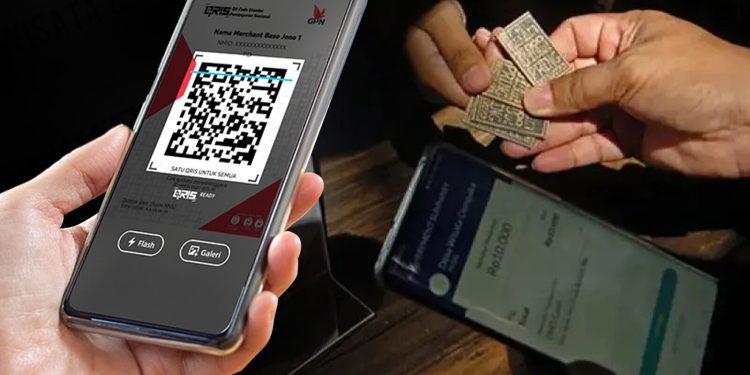JAKARTA – The United States (US) has criticized Bank Indonesia’s (BI) policy on the national QR-based payment system, known as the Quick Response Code Indonesian Standard (QRIS). The criticism was outlined in the 2025 National Trade Estimate (NTE) report released by the Office of the United States Trade Representative (USTR).
The US argues that Indonesia’s direction in developing its payment system, including QRIS, reflects a protectionist approach that increasingly excludes global businesses.
According to the report, the policy-making process for QRIS lacked international involvement, particularly from US-based companies.
“American companies are concerned about not being informed in advance about changes to QR code policies and being excluded from the development process, including how the system should integrate with existing global payment networks,” the USTR stated in its report, quoted on Monday (April 21).
QRIS was implemented through BI Regulation No. 21 of 2019, which mandates that all QR code-based transactions in Indonesia follow the national standard. The system aims to unify various QR payment services to ensure national efficiency and standardization.
However, the USTR argues that this policy makes it difficult for foreign businesses as it is not designed to be compatible with international payment systems.
In addition, foreign ownership restrictions in financial services and payment systems have become increasingly stringent. For example, foreign ownership in private credit reporting firms is capped at 49 percent.
For non-bank payment service providers or front-end service providers, foreign ownership is permitted up to 85 percent, but voting rights are limited to 49 percent. Meanwhile, for back-end payment infrastructure companies, foreign ownership is restricted to just 20 percent. These policies are seen as limiting the ability of foreign investors to compete in Indonesia’s digital financial sector.
Criticism of GPN
The USTR also criticized BI’s policy that mandates all domestic debit and credit card transactions be processed through the National Payment Gateway (GPN).
GPN switching providers must be based in Indonesia and licensed by BI. Foreign companies wishing to participate are required to partner with local companies and support domestic industry development, including through technology transfer.
“Industry players have expressed concern that BI tends to implement new regulations without prior consultation with relevant stakeholders, including international parties,” the USTR added.
The report also highlighted BI’s new regulation enforced in May 2023, which requires government credit card transactions to be processed through the GPN system and use locally issued credit cards.
This policy is considered to further restrict the use of international payment services, particularly those from US-based companies.
“US-based payment companies are concerned that this new policy will limit the use of American electronic payment services in Indonesia,” said the USTR.
Going forward, the US government hopes that the Indonesian government and BI will be more open to input from international industry players in order to create a more integrated and globally competitive payment system.
Read Also : Media Hub Jadi Sumber Utama Berita Lalu Lintas dan Keamanan









